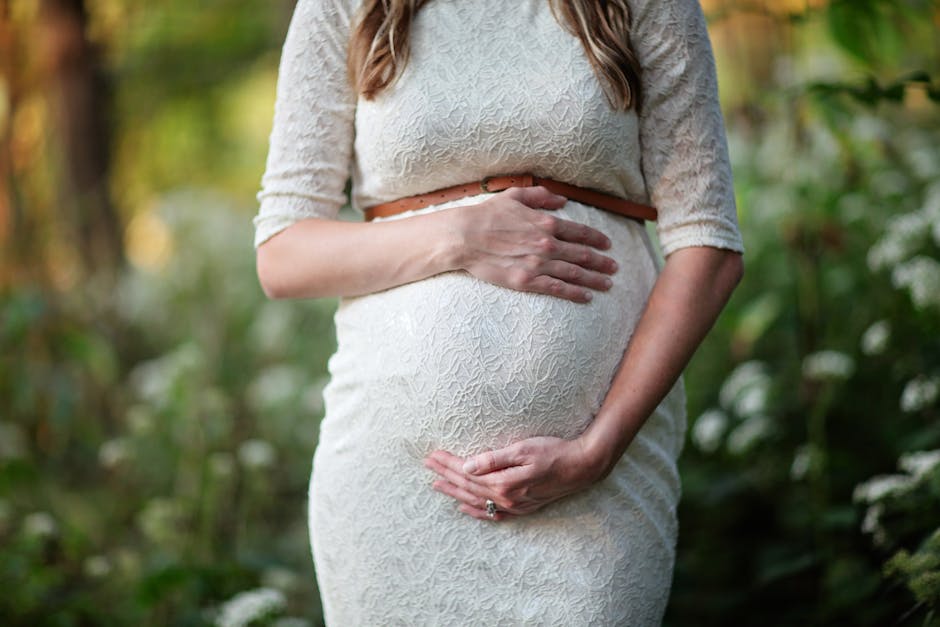Pregnancy is a transformative experience that brings immense joy and anticipation to parents-to-be. However, it can also be filled with uncertainty and questions. This guide aims to provide parents with comprehensive information and support throughout their pregnancy journey.
Understanding Pregnancy
Pregnancy begins with conception, when a sperm fertilizes an egg. The fertilized egg implants in the lining of the uterus, where it develops into an embryo and, subsequently, a fetus. Pregnancy typically lasts for about 40 weeks, divided into three trimesters. Each trimester brings unique changes and milestones for both the mother and the developing baby.
First Trimester
The first trimester (weeks 0-12) is often characterized by early pregnancy symptoms such as nausea, fatigue, and tender breasts. By the end of the first trimester, the major organs of the fetus have formed. It is essential for mothers to get adequate prenatal care, eat a healthy diet, and exercise regularly during this time.
Second Trimester
The second trimester (weeks 13-28) typically brings relief from early pregnancy symptoms. The baby's movements become more apparent, and the mother may start to show. Regular prenatal checkups are crucial to monitor the baby's growth and development. It is also an excellent time to plan for childbirth and prepare for the arrival of the baby.
Third Trimester
The third trimester (weeks 29-40) is a time of significant growth and preparation for both the mother and the baby. The baby's lungs and other organs mature, and the mother's body undergoes changes to accommodate the growing uterus. This trimester often brings increased swelling, backaches, and frequent urination. Proper rest, hydration, and prenatal care are essential during this time.
Labor and Delivery
Labor begins when the uterus contracts regularly to push the baby out of the birth canal. The length of labor varies, but typically lasts several hours. Pain management options are available to help mothers cope with the discomfort. Once the baby is born, parents will experience an overwhelming sense of joy and accomplishment.
Postpartum Recovery
After delivery, the mother's body goes through a period of recovery called the postpartum period. This period can last for several weeks and involves physical and emotional changes. It is important for mothers to rest, eat well, and get support from family and friends during this time.
Emotional and Psychological Aspects of Pregnancy
Pregnancy is not only a physical experience but also an emotional and psychological journey. Parents-to-be may experience a range of emotions, including excitement, anxiety, and vulnerability. It is important to communicate with each other, seek professional support when needed, and practice self-care to manage these emotions effectively.
Conclusion
Pregnancy is a life-changing experience that can be filled with both joy and challenges. By understanding the different stages of pregnancy, seeking appropriate care, and preparing both physically and emotionally, parents can navigate this journey with confidence and create lasting memories. Remember that every pregnancy is unique, and it is important to follow the guidance of healthcare professionals throughout the process.

